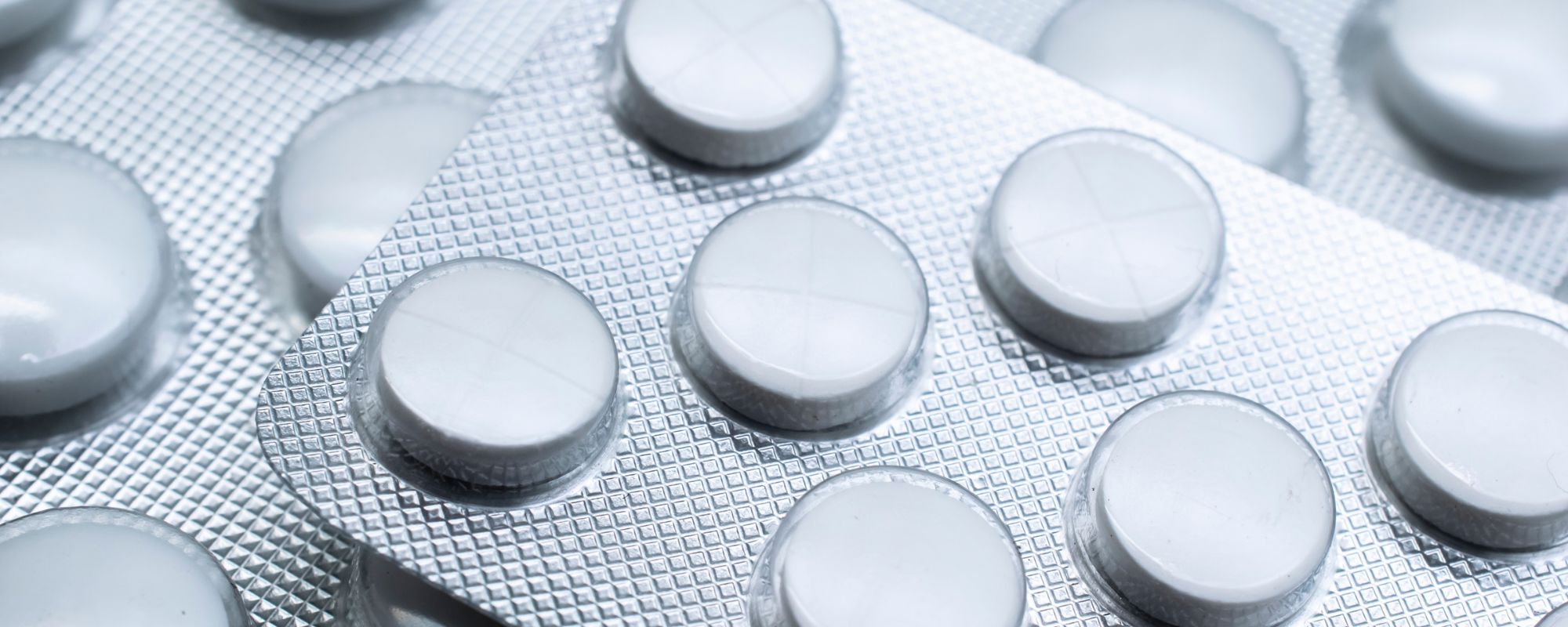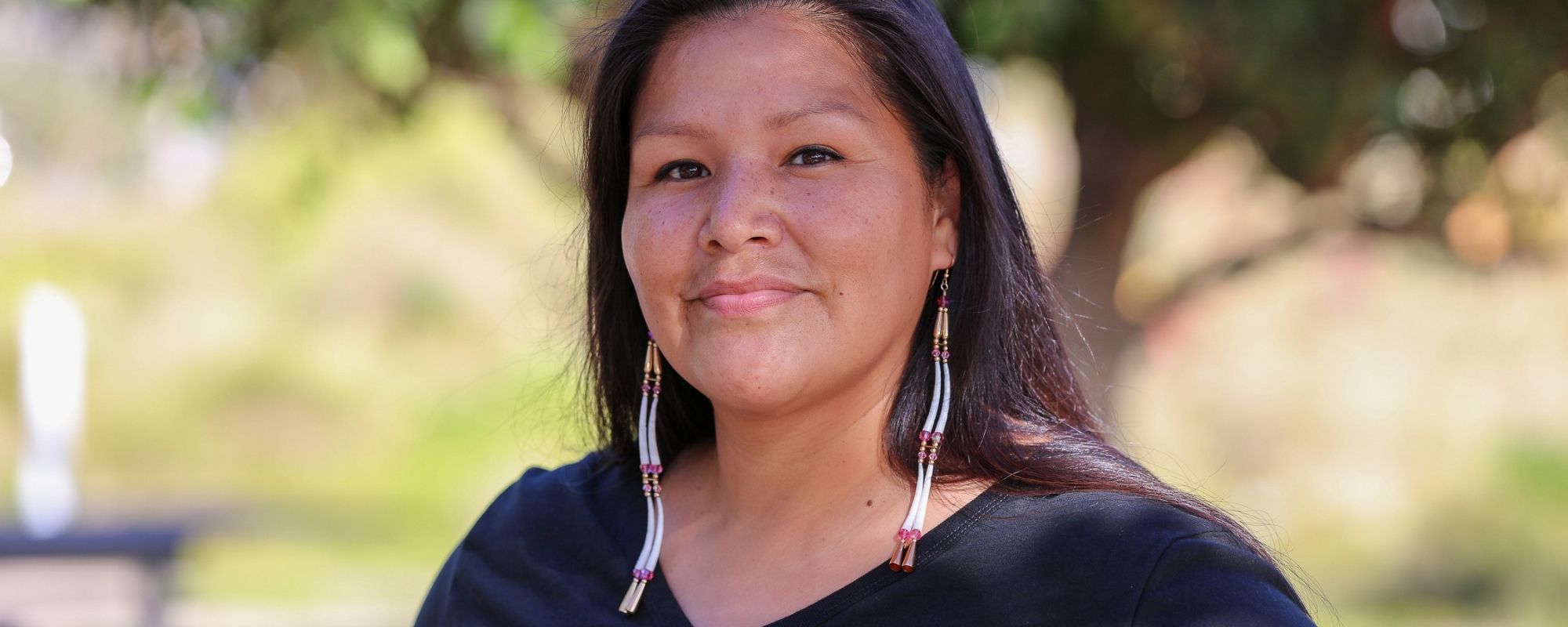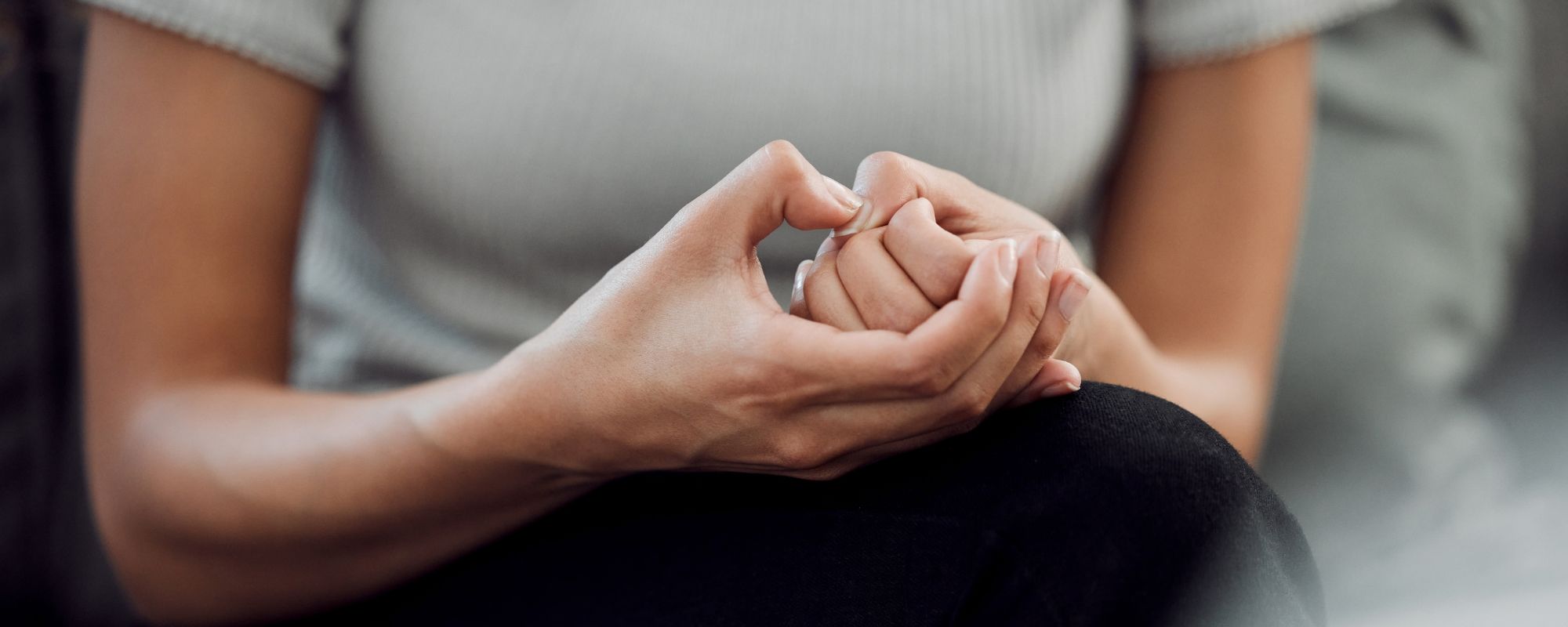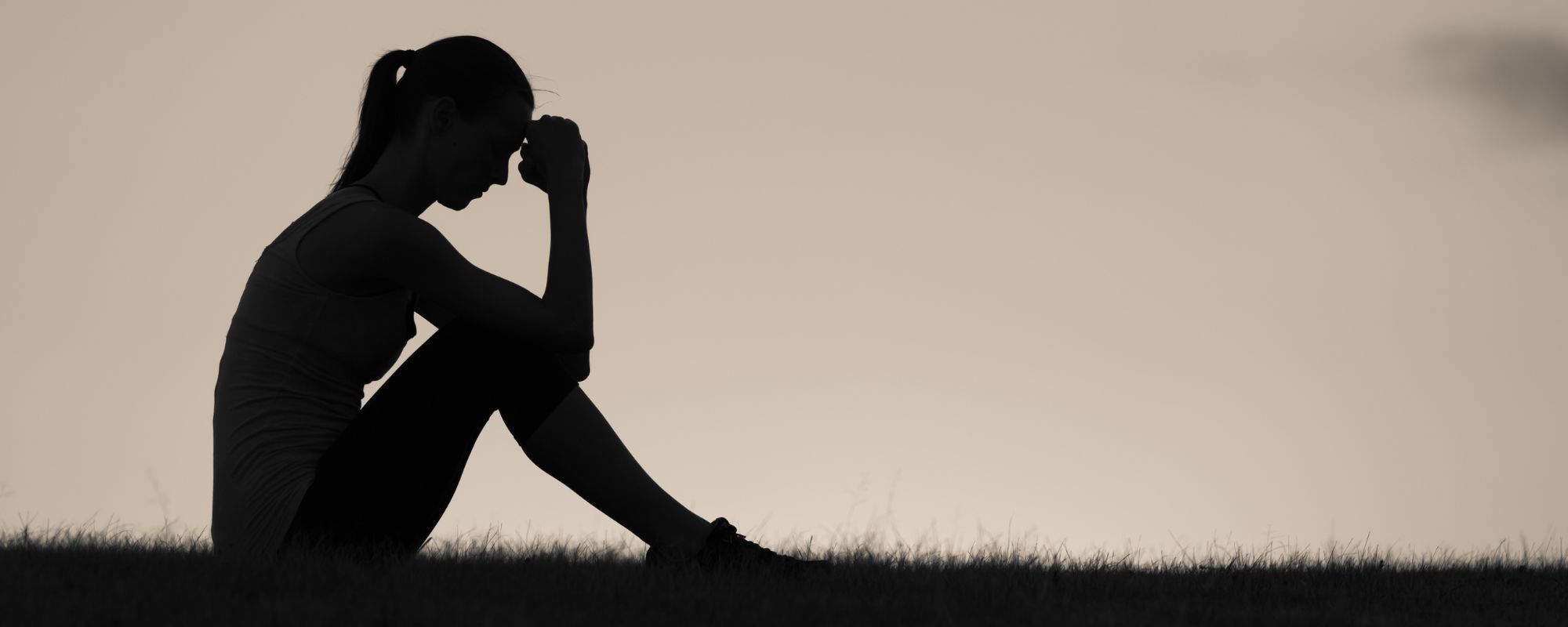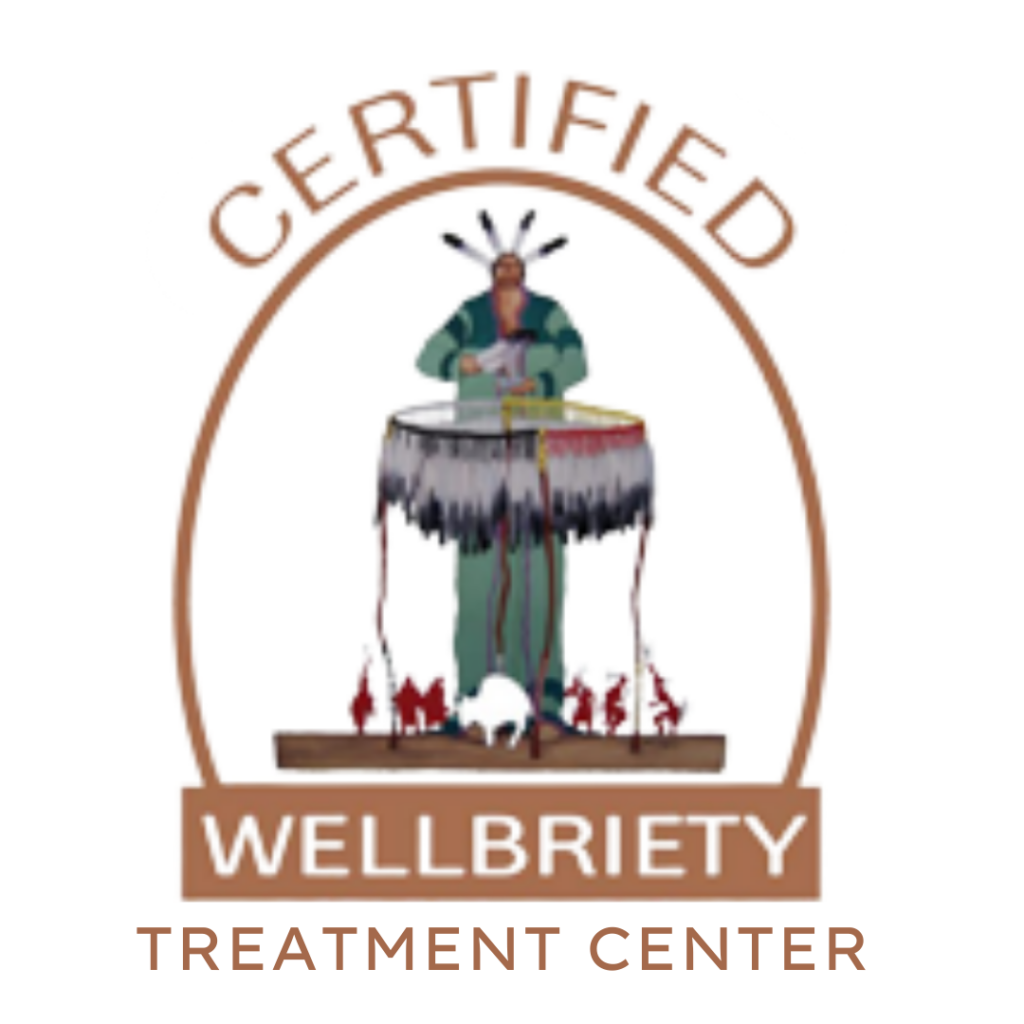Recovery, particularly early recovery, is a sensitive time in the lives of those with a substance use disorder. Often, those with an addiction lose track of parts of themselves while using or drinking, as substance dependence prioritizes drugs and alcohol over loved ones, hobbies, and even personality traits. You might not recognize yourself when you’re drinking and using, and when you stop, you’re confused and not sure who you are, where you stand, and what you want.
Recovery is a time of re-discovering yourself and building new parts of the self. The first step in recovery is detox, when you can clear your body of substances and toxins and begin to rebuild your physical health. Once you’ve detoxed, you’ll be faced with a new set of circumstances— what it takes to create a new, sober life.
You’ll likely have resources— such as a counselor or case manager— available to you if you’re active in a treatment program of some kind, and you’ll want to reach out to your personal network for continuing support. Maintaining your sobriety is your first priority, so you can begin the important work of finding who you are outside of drugs or alcohol. As you become more comfortable with abstinence, you’ll get more comfortable with yourself again.
Forgive yourself.
You’ve most likely had time to reflect and be with yourself during detox and may have already taken the second step in finding yourself in recovery— forgiving yourself. You can’t change what has already happened, only what choose to do now and moving forward. Let go of the past, and let bygones be bygones. Accept the past, but don’t allow yourself to forget. Guilt should not consume you, but you want to stay cognizant of past mistakes.
Pick up old hobbies and create new ones.
Substance use disorder likely put barriers between you and most things in your life, including things you used to enjoy doing and activities you formerly enjoyed taking part in. Picking up healthy hobbies that you used to have and exploring ones that you have not previously tried or have wanted to try can help you develop new interests and fit positively into your substance-free lifestyle.
Cultivate value in your life.
Cultivating value will look different to everyone and will not happen overnight. Value and purpose are closely tied, and uncovering and defining direction for your life is going to take time and effort. Figure out what makes you happy and what gives you the motivation to be your best self. Determine your best qualities and how you can work to improve them even more, and learn how to change the parts of yourself that aren’t conducive to a healthy lifestyle.
Remind yourself that you are far more than your addiction and that substance use disorder is something you are fully capable of overcoming.
Surround yourself with sober supports.
Remember that you are not alone in recovery. You’ll likely want to reconnect with old friends, but doing so could put you in potentially triggering situations. Exercise caution in initiating contact with people who you used to use or drink with, and if you choose to spend time with them, be upfront about the expectations you have for the relationship going forward. A great way to meet sober supports is by joining a program of recovery like Alcoholics Anonymous (AA) or Narcotics Anonymous (NA).
Connect with those who understand and support your decision to be sober, and maintain positive relationships with those whom you can trust to not encourage bad behaviors or habits, willingly or unwillingly.
Finding yourself in recovery is incredibly rewarding and lays the foundation for a healthy, sober life.
If you are looking to begin or continue your recovery, please reach out to our admissions team, available 24/7 at (877)-RECOVERY to answer any questions about our detox, residential treatment, and IOP programs.













